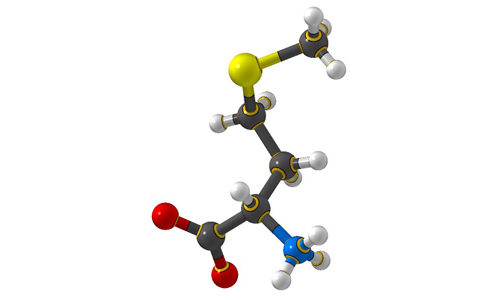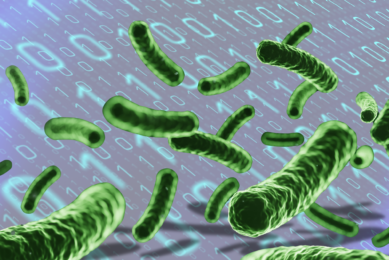Poultry immunity boosted by nutritional intervention

The importance of immune competence enhancing nutrition (called nutritional intervention) becomes more critical as antibiotics become less used. For poultry, nutritional intervention can include adding extra amino acids, vitamin E or selenium to the diet.
This was concluded in the review ‘Nutritional intervention in animals: benchmarking of strategies, monitoring biomarkers and immune competence’, carried out by the Feed4Foodure project in the Netherlands.
Variety in modes of action
A general remark in the review, which is valid for all stages, is that for a well-functioning immune system, nutritional deficiencies in terms of amino acids, minerals and vitamins should be prevented. Trans-generational effects of maternal dietary interventions on improvement of gut health and immune competence has been demonstrated in mammals (mice, rats, pigs, humans) as well as in poultry. The reviewed dietary interventions can be categorized into fatty acids, seaweed extracts, pre- and probiotics, and vitamins and minerals. The dietary interventions showed a variety in modes of action. They could affect the composition of the microbiota, the numbers or activity of specific immune cells, the gut morphology, and the expression of genes involved in immune response. Supplementation of the maternal diets with seaweed extracts, Saccharomyces cerevisiae, zinc or β-carotene resulted in improved animal performance or reduced incidence of diarrhoea of the offspring. Supplementation of maternal diets with omega-3 fatty acids showed to have a wide impact on the immune competence of the progeny. Therefore, modulating the dietary fatty acid profile of maternal diets seems to be a promising intervention for improving immune competence of the progeny.
Interventions in the neonatal phase
The most abundant investigated nutritional interventions in the neonatal phase were prebiotics, probiotics and long-chain poly unsaturated fatty acids. Based on the studies that were focused on nutritional interventions in the neonatal phase of pigs, it can be concluded that prebiotics and spray dried plasma could be potential candidates to further investigation. For chickens, evidence of nutritional effects on improved immune competence was found in supplementation of wheat/soy diets, addition of methionine (pictured) and cysteine above the requirements for maximal growth, as well as in addition of a mixture of vitamin E and selenium. From the studies performed with human infants, the researchers concluded that one must avoid a depletion of vitamins and/or minerals in the diet.
Interventions in the post-neonatal phase
In the post-neonatal phase, it was shown that dietary addition of glutamine improved gut integrity and increased number of immune cells in blood. Herbs or functional components in plants, e.g. black cumin, chitosan or quercitine, showed to improve gut integrity, local or systemic immune responses, composition of gut microbiota and performance parameters. Compared to digestive starch, resistant starch showed to have significant improving effects on immunological pathways in the colon of pigs as well as on the composition of the microflora. Some probiotics also positively affected the immune competence. Antimicrobial proteins, e.g. buforin II and lysozyme, improved performance levels and gut integrity, and reduced faecal excretion of clostridia, E. coli, and coliforms.
The full report can be read here.











